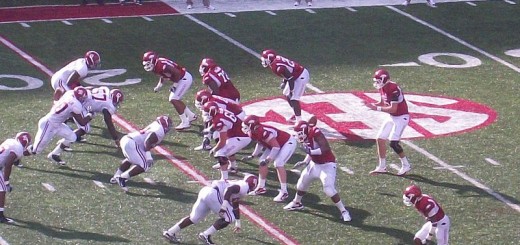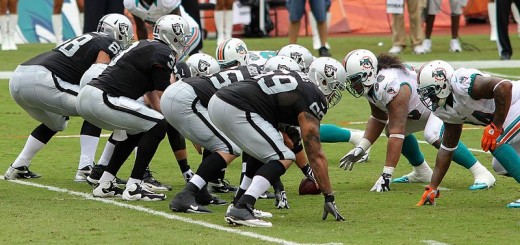Get With the Program
It’s March. Which means the Madness can’t be far away. Which means the big college hoops tournament will soon be upon us. And with that, the inevitable rite of spring called filling out Final Four ballots will commence.
People who don’t have a clue about college basketball will enter their pools, pay their money, and try to figure out WHO will win this year’s championship. People who think they know all the answers will do likewise.
By the way, this might be the year all twenty million ballots pick the exact same team to win it all, but that is a subject for another day. (hint, they are the team that’s still unbeaten)
Here’s a little piece of advice. As you look up and down the ballots, trying to figure out who will beat whom in the Southeast Bracket, remember this.
Teams don’t win championships. Programs do.
Good teams and bad teams come and go. But great college basketball programs seem to go on forever. And THEY are who win NCAA basketball championships.
Who are THEY?
THEY are the schools that are IN the conversation every year. They are the schools that win the NCAA championships the most often. They can be looked at as the cream of the crop of college basketball programs. They have won before and they will win again. They are the past, the present and the future of college basketball.
For purposes of this article, THEY are:
UCLA. Kentucky. Louisville. Duke. North Carolina. Indiana. UConn. (there are a few other programs in a tier right next to these – Kansas, Michigan State, Florida, Arizona and Syracuse, to name a few, but they have to win a few more championships to get into the top tier)
From 1963 to 1975, UCLA won 10 out of 12 NCAA championships. They are on this list of the great college basketball programs because of their coach, John Wooden, who showed the rest of college basketball that a coach who could win and who could attract a bunch of the best players that would want to play for him, was the prototype of the success model that became what everyone else wanted to be.
Kentucky, Duke, UNC and Louisville. I group them together because these programs have been great in the past and are great today. All four have won a championship since 2009. All four have won championships as far back as 1978 (Kentucky), 1980 (Louisville), 1982 (North Carolina) and 1991 (Duke). They were all powerful programs for most of the years in between. Did you know that, for the last 40 years (from 1975, the end of the UCLA years, until today 2015), that there has NEVER been a single chunk of five year time periods (in any order, in any five year span you wish to choose) where one of the four teams of Kentucky, Duke, Louisville, and North Carolina didn’t win a championship.
In the 20 year period from 1975 to 1994, the “big four” programs, along with Indiana and coach Bob Knight (they won three championships in this era, the best total of the period), won over half of the 20 championships of that time period. (There are always teams that pop up and have a one year run that might culminate in a championship, but the overall dominance of the elite programs holds up in the long run)
In the 20 year period from 1995 to 2014, the “big four,” along with this newer era’s other great program, the University of Connecticut (they have won four times in the last 16 years), have also won over half of the championships of the last twenty years. UConn, Kentucky, Duke, UNC and Louisville have won the LAST SIX championships. You think the NCAA is a wide open field? Ha, ha, ha.
If the top programs of this, or any other era, are proven to be able to win the NCAA championship over half of the time, as history has shown, then the person who fills out their ballot and blindly puts down the names of some college basketball team flavor of the month to win a championship is overlooking the history of college basketball.
There are possibilities and there are probabilities. Teams that can possibly win and PROGRAMS that probably will win. Kentucky. Duke. North Carolina. Louisville. UConn. They’ve proven they can do it over time. I’ll put my money on the probabilities.




